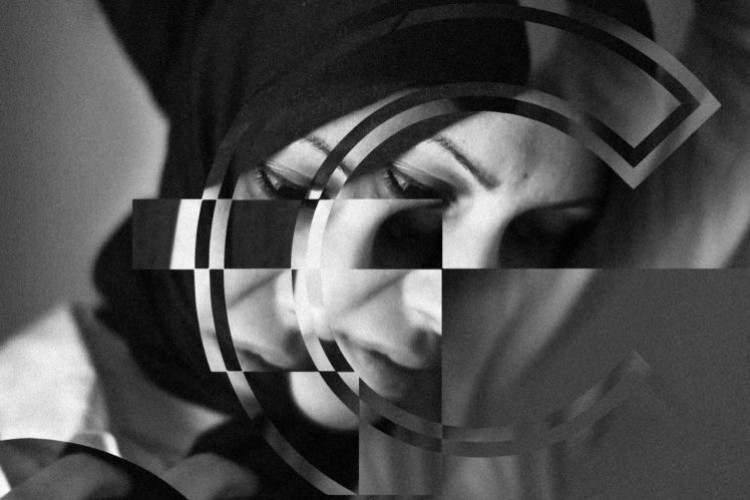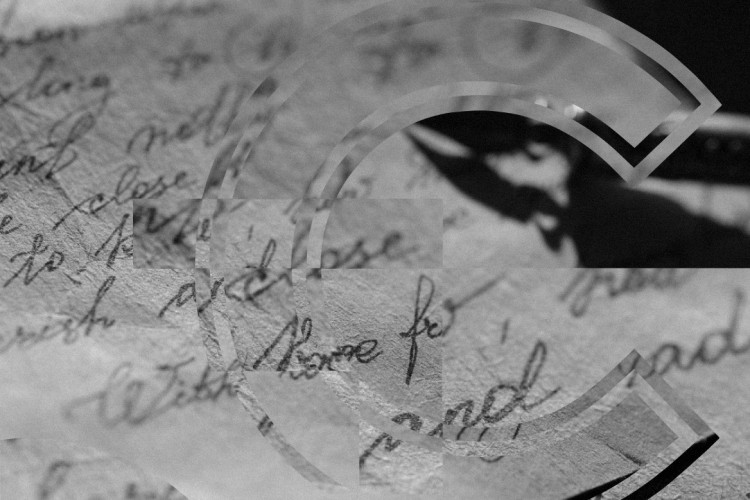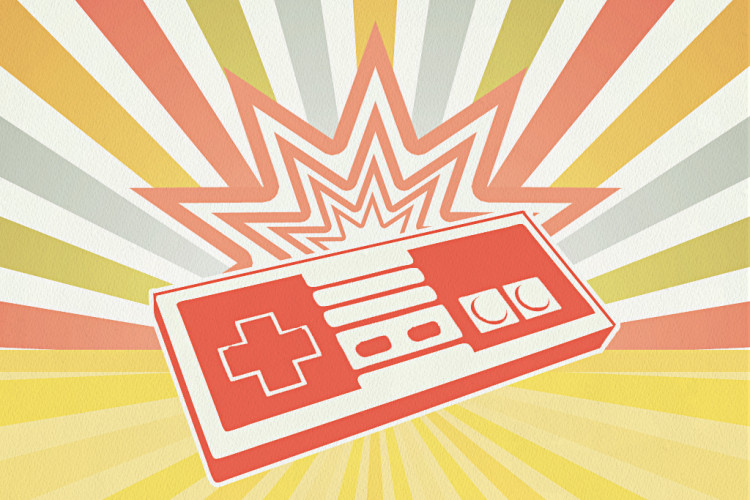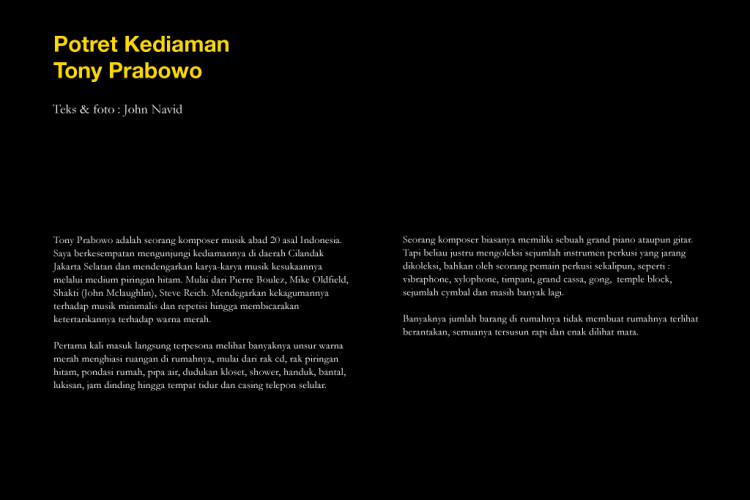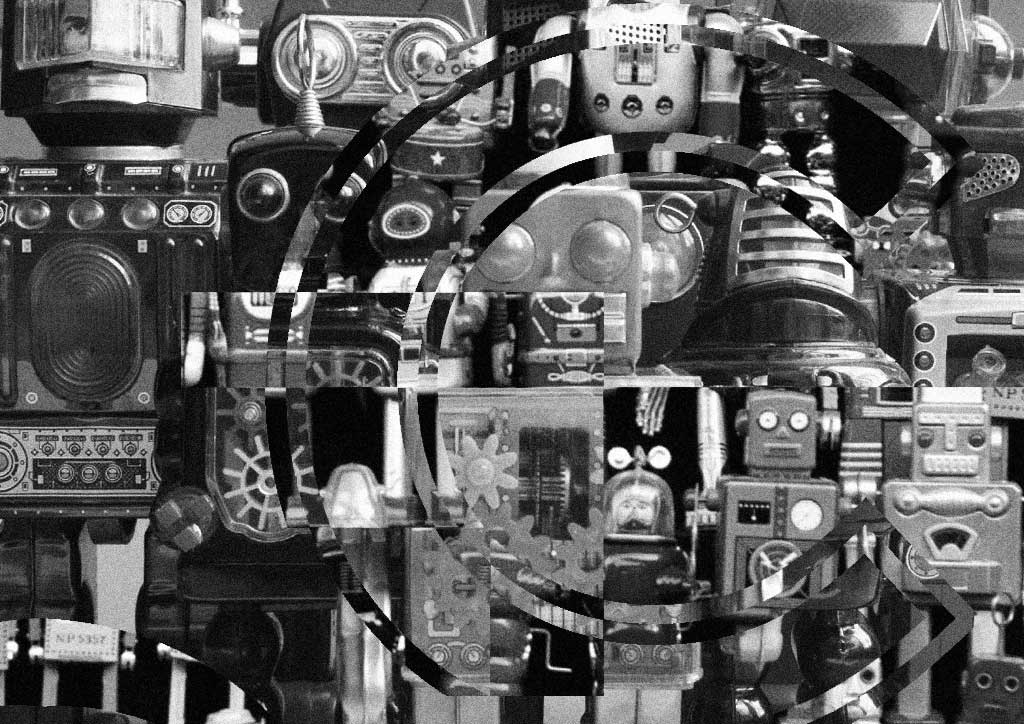
A LOOK INTO A (LOVE) LIFE WITH MACHINES
What do you think about being loved by someone who is not even there, physically? Is it better to feel that we are loved, even when we are not? After scrutinizing Tinder (and other online dating apps) with its effects a while ago, I recently stumbled across some app and a few websites that got me asking this question, and can’t help but wonder, what does it mean to live in a world where we outsource our love to machines, operating systems or some sort of artificial intelligence? Shouldn’t we question what is at stake when human isolation is cured by machines? Can a human being truly experience romantic love when the possibility of physical contact is not even there? Is it better to feel we are loved, even when we are not?
Spike Jonze’s Her (2014) is a movie that perfectly illustrates the crumbling borders between human and technology.
It depicts an intimate transhumanist romantic relationship between a human being and an operating system. In the movie, the protagonist Theodore has his heart broken by Samantha, the artificial intelligence he once loved. Theodore Twombly, played by Joaquin Phoenix, is a lonely divorcee whose relationship with his newly purchased Operating System ‘Samantha’ evolves into a complicated romance. Once Theodore purchases the software and plugs it in, the OS puts him in a vulnerable position. Like a therapist and his patient, he is being asked questions such as is he an introvert? what does he think of his mother? One of Samantha’s first tasks is to organize Theodore’s online life — went through his emails and hard drive. She is confident and in control. She chooses her own name and explains that she has intuition and that she is evolving in every moment. Like her advertisement promises, she’s “notjust an operating system” but a “consciousness”. Going further in the movie, we can see that the love growing in between Theodore and Samantha so authentic. Samantha’s intelligence is artificial but her affection feels real.
In this sense, Steven Shaviro, an American culture critic was right when he said that “Samantha is ‘better’ than any of Theodore’s human contacts,” and that it is her nature as an A.I. that makes her this“perfect fantasy partner”. Shaviro further explained, “She is entirely accepting and very accommodating Theodore’s wishes and needs, and yet projects a depth in serving him that an actual human, slave or partner would never be able to”. In this way, Samantha offers Theodore the opportunity to connect with an “other,” or what Timothy Morton calls a “strange stranger,” without any of the discomfort that usually accompanies contact with otherness (Shaviro, Morton 40).
Putting the movie aside, I recently stumbled across a service that got me asking all of the questions above, and wondered what it might mean to live in a world where we outsource our love to machines or systems.
Introducing Invisible Boyfriend, a new, viral service that allows you to invent a fictional boyfriend to deceive your pestering family and friends who always pressure you with annoying boyfriend or marriage-related questions in any kind of social situations (Too bad this app is not yet available in Indonesia, where this kind of culture persists in every social situation, especially with families.)
The service is meant to simulate a real relationship. Invisible Boyfriend was created to deliver solutions for those who are uninterested in a “right now” relationship. The platform even allows you to create credible, reasonable stories that are backed up by a mixture of virtual and real-life social proof, enabling you to convince your mom, buddies, and co-workers about your (fake) relationship. By using this service, you will “no longer be trapped and forced to tell a lie”.
How does it work? When you sign up for the service, you can design a boyfriend (or a girlfriend) up to your specifications. Kind of like playing The Sims, except this one’s for an imaginary adult. You pick his name, age, interests, and personality traits. You can even narrow your physical specifications, like if you prefer tall guys or short guys, blonds or brunettes. Pay $25 and it’s good to go – the imaginary man of your dreams will start texting you.
What’s behind the curtain? Your imaginary man isn’t imaginary. The man on the other end of the service isn’t imaginary. This service requires a real human texting multiple women, shaping himself to carefully match each woman’s specific expectations, specifications, and fantasies. Many users will get caught up falling in love with the fictional boyfriend they have created. Are they in the joke? Do they realised what they have signed up for? Do they realised that it’s some sort of a joke up designed to meddle with friends, and relatives – not a substitute for love?
And then there is the BroApp —Your clever relationship wingman— its tagline says.
Imagine you are a very busy man, caught up in meetings all day 9 to 5, and wants to hang out with his bros after work (’Bros before hoes’ after all, right?), but torn with the need to feed his attention-hungry-girlfriend with attention. Now, imagine if he finds an instant, efficient, and convenient way to do that through an app that blasts romantic, attentive, intimate text messages to his girlfriend?
Yep. Just like Invisible Boyfriend, BroApp is a tool, and like all tools, it has human behind it. When our boyfriends at Invisible Boyfriend is carefully tailored to each needs, in BroApp, many of the messages are actually written by the bros at BroApp.
Now, we’ve all been here before, of course. Remember Hallmark cards? But what’s the difference? Why does these apps’ existence feel so wrong? Because the whole concept is built on deceit. That Invisible Boyfriend creates that perfect that fake boyfriend that we all have been longing for. That the bro at BroApp is acting in a loving, thoughtful and attentive way, when, in fact it’s really just a machine. What’s even more disturbing is the BroApp’s premise that’s what really matters is that the girlfriend perceives that she is loved, or at least the object of attention and affection. By this logic, it doesn’t matter whether she actually is loved, so long as she feels loved.
“Better to have loved in delusion than never to have love at all?”
Referring to Sherry Turkle’s ’Alone Together’ about people’s relationships with “sociable robots”, it gives me a few insights about being alone in a technological world. One of the main things she pointed out is that our social nature makes humans quite good at projecting relationships onto all manner of people and things. As she eloquently stated, “…when we are asked to care for an object when an object thrives under our care, we experience that object as intelligent, but more importantly, we feel ourselves to be in a relationship with it. The attachments I describe do not follow from whether computational objects really have emotion or intelligence, because they do not. The attachments follow from what they evoke in their users.” Turkle is trying to show that our built-in drive for social connection doesn’t just make us vulnerable to extending those relationships to machines; it makes us vulnerable to extending our relationships to machines that can’t possibly love us back.
We are in that stage of world where our first life and second life (the virtual world) blends in. People falling in love with characters of video game. People falling in love with someone they met online, whom they have never met in real life. One anthropologist has argued that relationship nowadays are so increasingly mediated by tech that they have become indistinguishable from Tamagotchis. Psychologist Mark Griffith once said “The internet is a disinhibiting medium, where people’s emotional guard is down”. We are already seeing signs of software that can perform a kind of simulated affection, and we may well see a day when software can actually love us back. But assuming that does happen, between now and then there are likely to be a large number of humans falling in love machines that are, for now at least, incapable of loving them back.
I am not one to reject the possibility that, one day, an A.I might as well be capable of feeling love and possibly loves us back. Without precisely the same kind of human body that we have, it is unlikely to experience love the same way that we do; but then, it’s quite likely that no two humans experience love the same way either. Human love is inconvenient; it’s messy, illogical, and it hurts. It is also powerful, life-affirming, and often helps us become better, stronger human beings. It requires sacrifice. Feeling is what make us human. Getting broken-hearted is what makes us human. It lets us grow as a person.
Question is, are we willing to give this up? In the meantime, we may fall in love with, something that cannot truly love us back, yet. In the far future, maybe it will be able to perform loving us, but not actually love us. It will be a new form of technological unrequited love that will leave us alone in the dark. Like Amy, a best friend of Theodore Twombly in Spike Jonze’s new film ‘Her’ states with wide eyes after Theodore confessed that his new love is not for a gorgeous, hot, sexy, thrilling woman, but for his new operating system…“Falling in love is a crazy thing to do. It’s kind of like a form of socially acceptable insanity,” I think she is pretty much correct in stating that love certainly is crazy, causing humans to find love and passion in places that are most unlikely.








